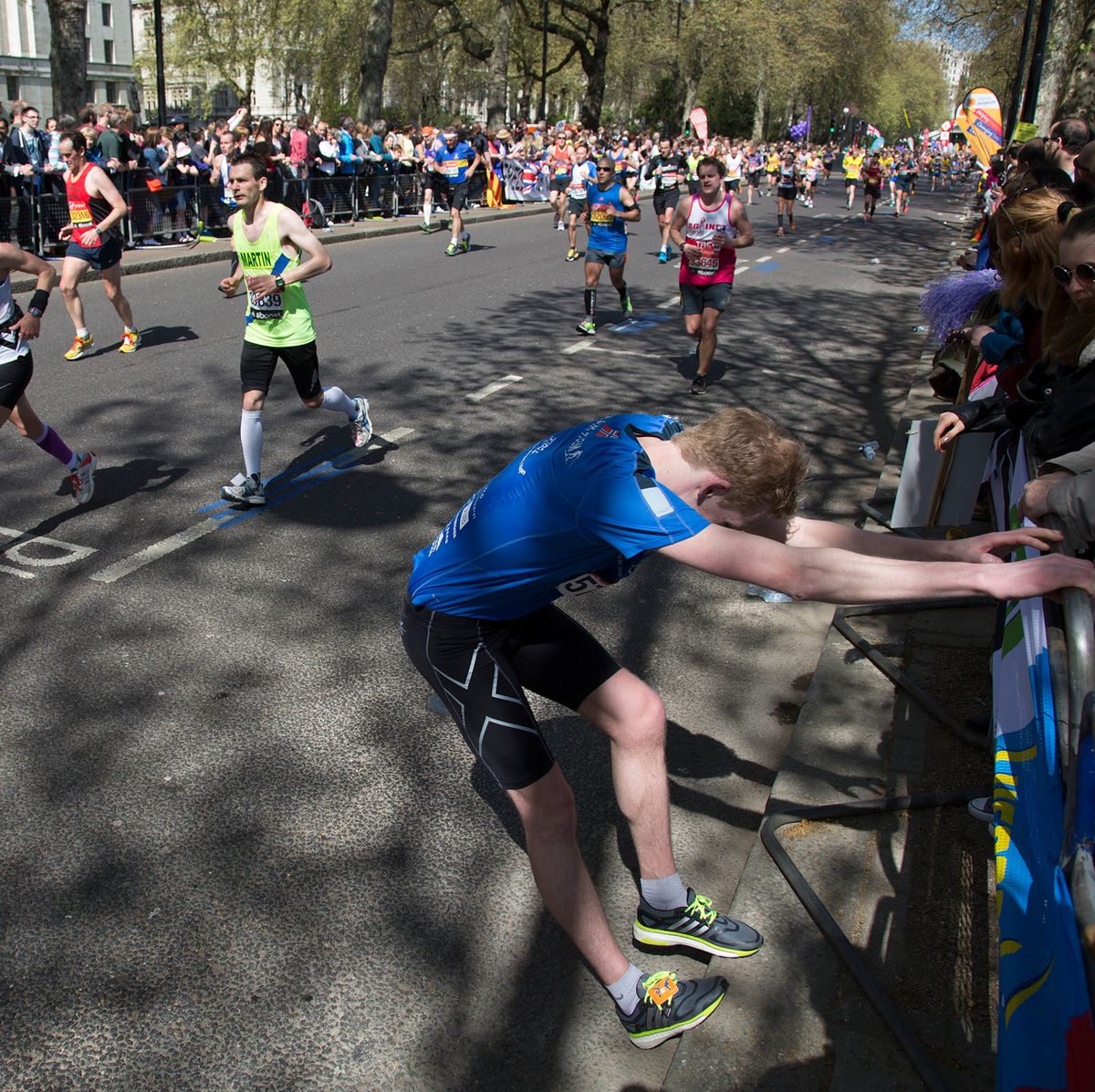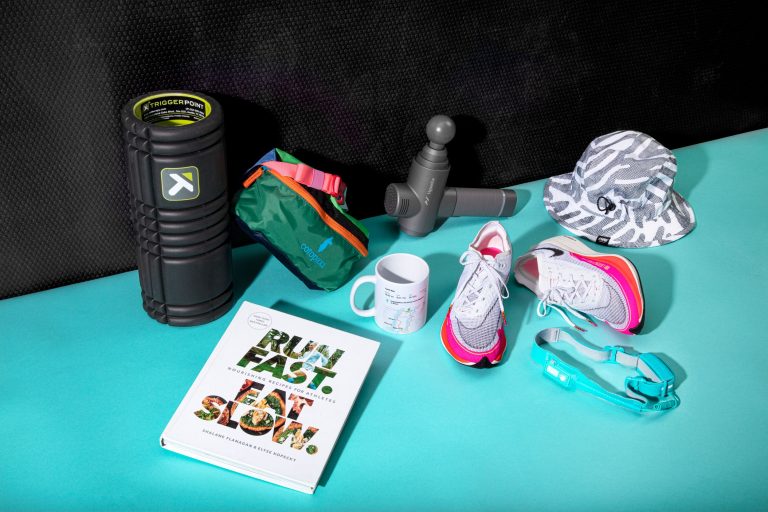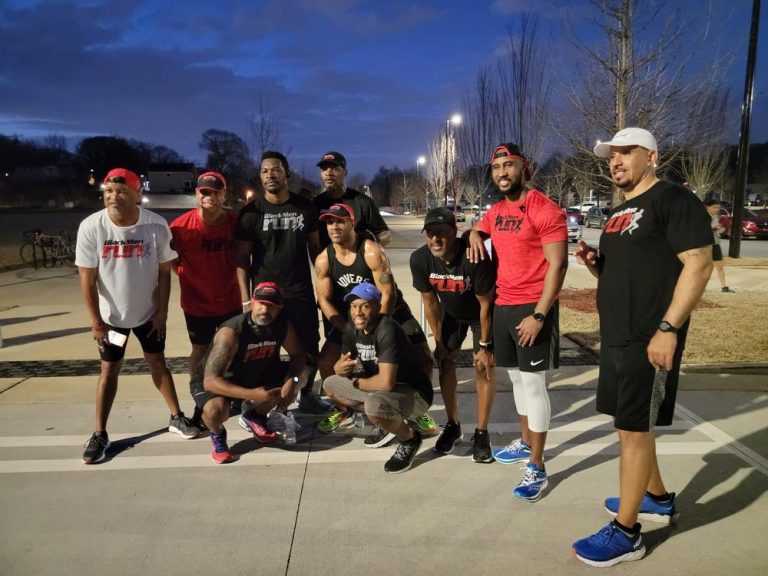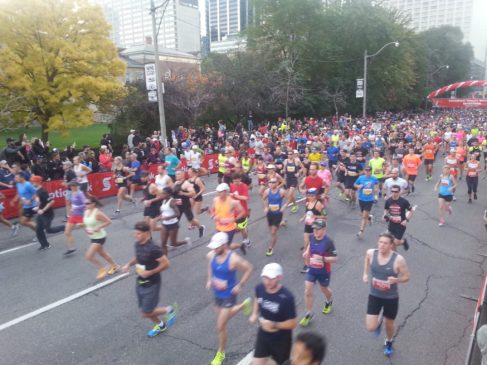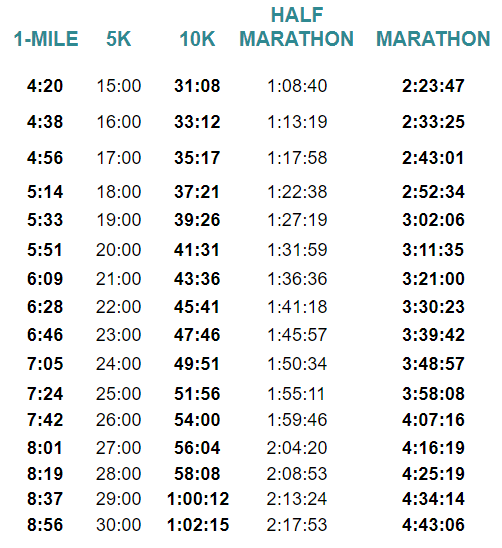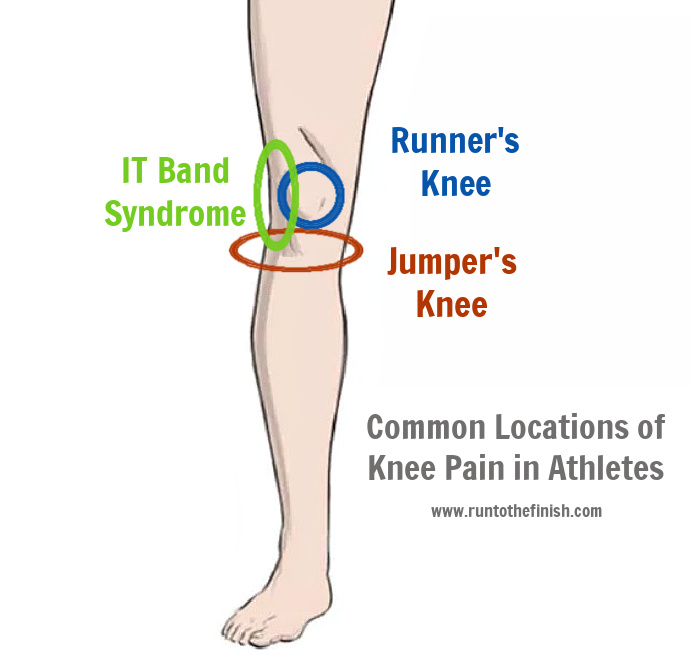How to Prevent Marathon Cramps
To prevent marathon cramps, stay hydrated and maintain proper electrolyte balance during training and on race day. Marathon cramps can be debilitating and hinder your performance, but with the right strategies, you can minimize their occurrence and run more comfortably.
Whether you are a seasoned runner or training for your first marathon, understanding how to prevent cramps is crucial for a successful race day experience. We will explore various techniques and tips to help you mitigate the risk of cramping during a marathon.
By implementing these preventive measures, you can ensure that muscle cramps do not sideline your running goals and achieve your best performance on race day.

Credit: www.physiotutors.com
Understanding Marathon Cramps
Causes Of Marathon Cramps
Dehydration, electrolyte imbalances, and muscle fatigue contribute to marathon cramps.
Effects Of Marathon Cramps
Marathon cramps can lead to decreased performance, injury risks, and hindered recovery.
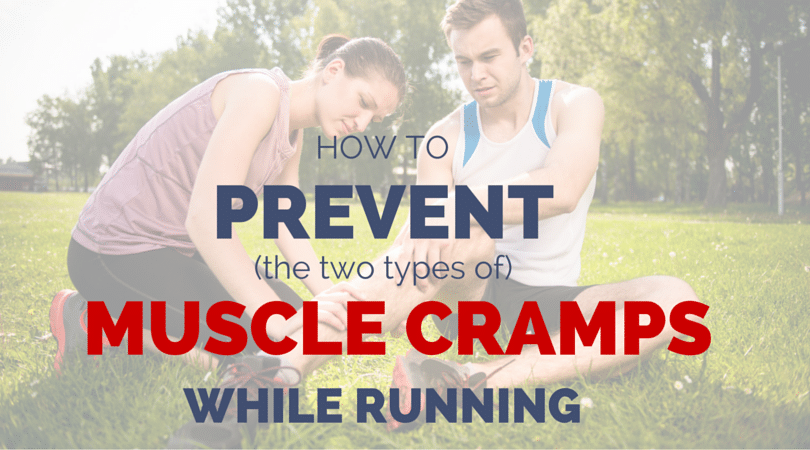
Credit: runnersconnect.net
Preventing Marathon Cramps
Preventing Marathon Cramps is a crucial aspect of ensuring a successful and enjoyable race day experience. Cramps can significantly hinder performance and cause discomfort, so taking preventative measures to minimize their occurrence is essential for all marathon runners. By focusing on proper hydration, stretching and warm-up, as well as nutrition and electrolyte balance, runners can improve their chances of preventing cramps and finishing strong.
Proper Hydration
Proper hydration is essential for preventing marathon cramps. Before the race, drink at least 16 ounces of water and continue to hydrate throughout the race. Incorporating electrolyte-enhanced beverages can help maintain the body’s electrolyte balance and reduce the risk of cramping.
Stretching And Warm-up
Stretching and a comprehensive warm-up routine are vital for preventing marathon cramps. Perform dynamic stretches, focusing on major muscle groups, and incorporate a light jog or brisk walk to warm up the body. This helps to prepare muscles for the exertion of a marathon, reducing the likelihood of cramping.
Nutrition And Electrolyte Balance
Proper nutrition and maintaining electrolyte balance play a significant role in preventing marathon cramps. Consume a balanced meal with complex carbohydrates, lean proteins, and healthy fats before the race. Additionally, use electrolyte supplements or consume electrolyte-rich foods to support proper muscle function and minimize cramping during the marathon.
Training Strategies
When it comes to preventing marathon cramps, training strategies play a crucial role. By gradually increasing mileage, focusing on strength training, and incorporating cross-training, runners can significantly reduce the risk of cramps during a marathon.
Gradual Increase In Mileage
Gradually increasing mileage is essential to prevent marathon cramps. Avoid sudden spikes in distance, as this can lead to overuse injuries and muscle cramps. By following a structured training plan that gradually ramps up the mileage over several weeks, runners allow their bodies to adapt and build the necessary endurance without overloading the muscles and risking cramping.
Strength Training
Strength training is paramount for preventing marathon cramps. It helps runners build muscle endurance and improve overall muscular resilience, reducing the likelihood of cramping during long-distance runs. Incorporating exercises such as squats, lunges, and calf raises into the training regimen can help strengthen the leg muscles, enhancing their ability to withstand the demands of a marathon and reducing the risk of cramps.
Cross-training
Cross-training, such as cycling or swimming, is essential to prevent marathon cramps. Engaging in low-impact activities on non-running days helps maintain cardiovascular fitness while giving the running muscles a break from the repetitive motion. This approach can reduce the risk of overuse injuries and muscular fatigue, ultimately lowering the likelihood of cramps during the marathon.

Credit: m.youtube.com
During The Marathon
Keep a steady pace throughout the marathon to prevent muscle fatigue.
Maintain a strong core and upright posture to reduce the risk of cramps.
Recovery And Post-marathon Care
Prevent marathon cramps and ensure proper recovery and post-marathon care with these effective tips and techniques for runners. Keep hydrated, stretch and warm-up properly, and incorporate strength training to minimize the risk of muscle cramps during and after a marathon.
Cooling Down
After completing a marathon, it’s essential to allow your body to cool down gradually. This process helps your muscles relax and reduces the chances of cramping. Take a few minutes to walk or jog at a slower pace, allowing your heart rate to come down gradually. Stretching exercises can also be beneficial in relieving muscle tension and promoting recovery.
A proper cooling down routine can involve exercises such as gentle leg swings, toe touches, and quad stretches. This allows your muscles to return to their normal state and prevents the sudden cessation of intense activity, which can lead to cramps.
Post-race Nutrition And Hydration
The importance of proper nutrition and hydration after a marathon cannot be stressed enough. Your body requires replenishment to recover effectively and prevent muscle cramps. It’s crucial to consume a combination of carbohydrates and protein within 30 to 60 minutes after finishing the race.
Carbohydrates help restore glycogen levels in your muscles, while protein aids in repairing muscle tissue. A well-balanced meal or snack can include foods such as bananas, whole grains, lean proteins, and hydration drinks. Opting for nutrient-rich foods will ensure your body gets the necessary nutrients for optimal recovery.
To prevent marathon cramps, proper recovery and post-marathon care are key. Cooling down with gentle exercises, stretching, and allowing your body to gradually transition from high-intensity exercise to rest is crucial. Additionally, paying attention to post-race nutrition and hydration will aid in replenishing your body’s resources and promoting muscle recovery.
Remember to listen to your body and give it the rest it needs after completing a marathon. Prioritize sleep, as it is a vital aspect of recovery. Taking care of your body post-marathon will not only reduce the risk of cramps but also ensure you can continue to pursue your running goals in a healthy and sustainable way.
Frequently Asked Questions On How To Prevent Marathon Cramps
How Do You Stop Cramps During A Marathon?
To prevent cramps during a marathon, stay hydrated, maintain proper electrolyte balance, and stretch regularly. Adjust your pace and training to build endurance.
What Causes Muscle Cramps Marathon?
Muscle cramps during marathons are caused by dehydration, electrolyte imbalances, and overexertion. Insufficient stretching and muscle fatigue also contribute.
What Foods Prevent Cramps When Running?
To prevent cramps when running, consume bananas, sweet potatoes, and spinach. These foods are high in potassium, calcium, and magnesium, which help prevent muscle cramps. Also, stay hydrated and consider consuming electrolyte-rich foods like nuts and seeds.
Conclusion
To wrap up, preventing marathon cramps is crucial for a successful race. Incorporate proper hydration, nutrition, and training strategies. Listen to your body and adjust your plan accordingly. Don’t ignore warning signs and always consult with a healthcare professional for personalized advice.
Stay proactive and enjoy cramp-free running!

